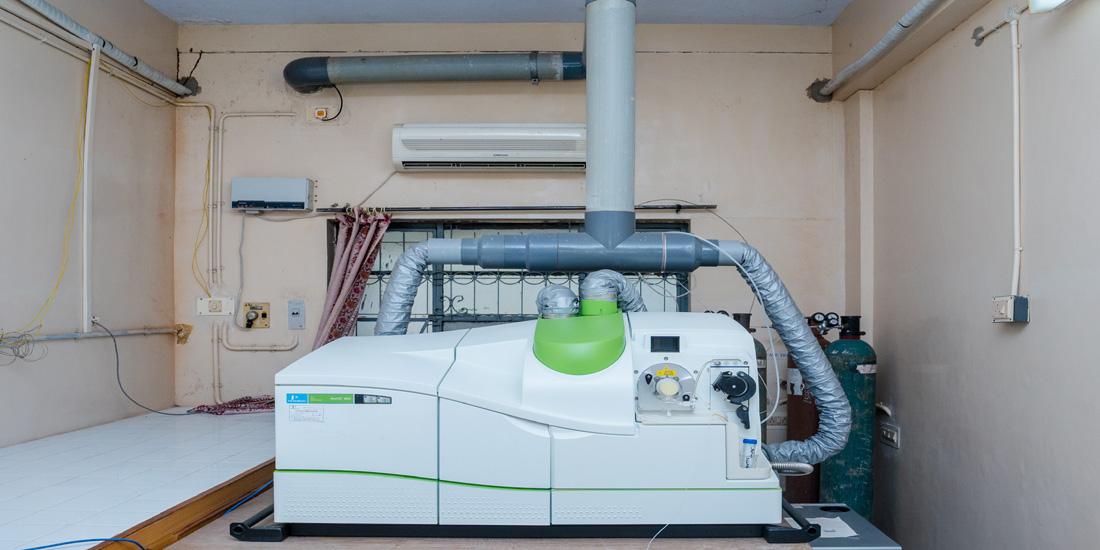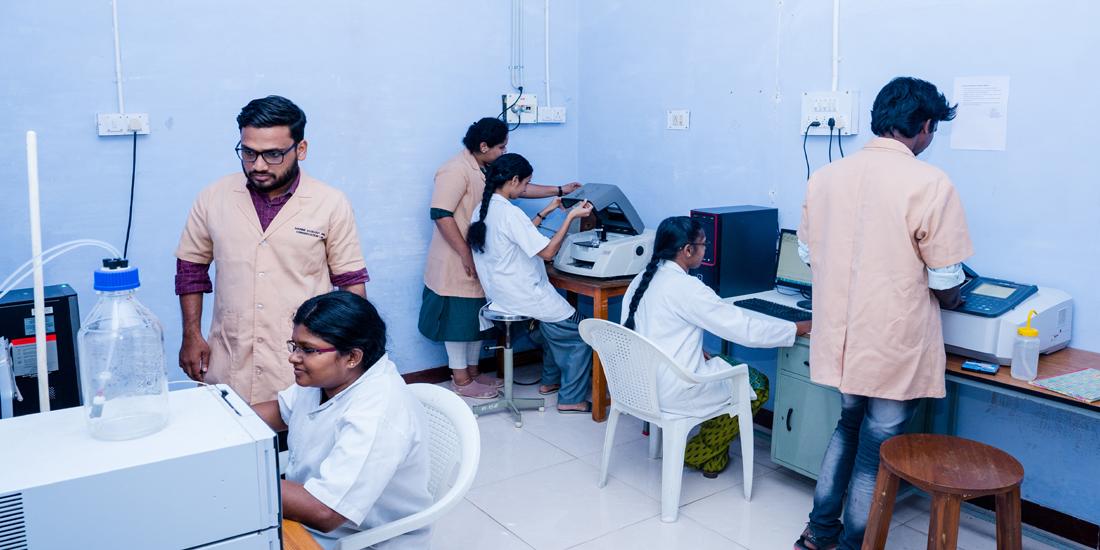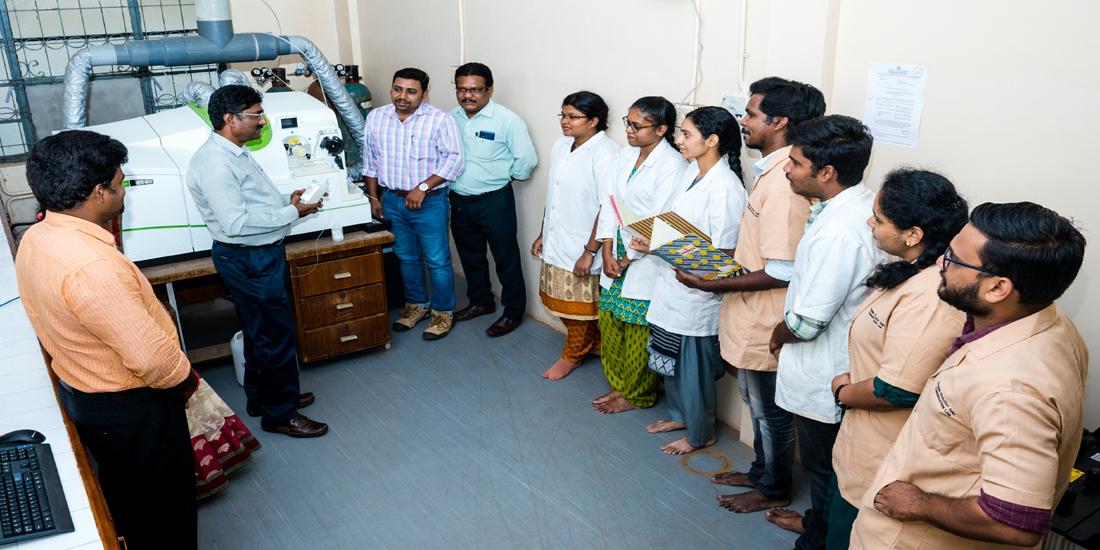- Genesis
-
The Department of Environmental Sciences was started in 1986 as one of the new departments when Bharathiar University was formed in 1982. The Department of Environmental Sciences was started with nature-based Solution (NBS) objectives and addressing the solution for Regional, National and Global Environmental and Ecological related issues. From the beginning onwards the Department has been promoting excellent teaching, commendable research, and society-based extension activities
in Environmental Sciences as part of the state and national attributes.The Department has three Professors, six Assistant Professors, one technical officer, one Gardner and one administrative staff. The Department has the following specialization, Biodiversity and Aquatic Ecology, Bioresource Technology, Environmental Microbiology, Environmental Ecology, Bioremediation, Environmental Biotechnology, Environmental Toxicology, Green technology and Marine Ecology and Conservation.
The Department has conducted many National and International Seminars and Refresher Courses for college teachers sponsored by UGC. The Department is also periodically conducting different training programme for the University and College teachers, Scientists, school children and publics with related to Environmental issues. Both faculty and students have published several papers in National and International journals. Faculty members are operating projects funded by various central agencies. Collaborative research schemes are also being operated in the department. Participation in the National and International conferences and presenting the research contribution are regular features of the department. Faculty members are also deputed to attend International conferences conducted by the University other Research Institutions and Government of India.
We also offer extension services along with field/industrial visit, which include Vermicomposting/Bio composting Technology, Solid Waste and Agro Waste Management, Conservation of Threatened /Endangered Plant and animal Sources, Indigenous Rainwater Harvesting techniques, Urban Greening, Plastic Eradication, Phyto and Microbial remediation, Water and Soil Quality Monitoring, Neglected Crop Sources and Environmental Food Security, Marine Ecology, Pollution and Environmental Toxicology, Environmental Education, Remote Sensing, Ecological Tourism, Natural Disaster Management. The Department is also having enough lab facilities and are being provided to Post-Doctoral Fellows (PDFs) to carry out the proposed thrust area of research work.
- Salient Features
-
- Thrust Areas
-
The Department Research focuses on Freshwater Fish Morphological and Molecular Taxonomy, Biodiversity and Conservation River Ecology; Remote sensing and GIS, Microplastic pollution and their characterization in sewage wastewater and soil and their impact on plant and animal growth performance; Bioremediation, Plant-metal-microbe interaction, Climate change biology; Impact of Climate Change on Plants; Plant Carbon Stock Assessment; Ecology of Tufted Grey Langur; Documentation of Traditional Knowledge; Environmental Monitoring, Bioremediation; Environmental Biotechnology, Industrial Biotechnology, Agricultural Biotechnology, Green Biotechnology; Environmental Health, Systems Biology and Toxicology, Exposomics; Algal Cultivation for Climate Mitigation and Environmental Clean-up, Utilization of Seaweed for industrial applications, Microbial technology; Marine and Coastal Ecology and Monitoring, Marine Pollution, Marine and Coastal benthic biodiversity.
- Milestones
-
- Roll of Honour
-





 Campus Walk
Campus Walk